1. The Impact of Technology on Society
Technology has revolutionized the way we interact and function in daily life. The rise of the internet and mobile devices has enabled instant global communication, fostering connections that transcend geographical boundaries. Social media platforms, online services, and cloud computing have made information more accessible, empowering individuals and businesses alike. However, this digital transformation also raises concerns about data privacy, cybersecurity, and ethical implications.
In education, technology has enhanced learning experiences through e-learning platforms, virtual classrooms, and AI-driven tutoring systems. Students and professionals can now access knowledge from anywhere, making education more inclusive and flexible. In healthcare, technological innovations such as telemedicine, wearable health devices, and AI-assisted diagnostics have improved patient care, leading to better health outcomes and early disease detection.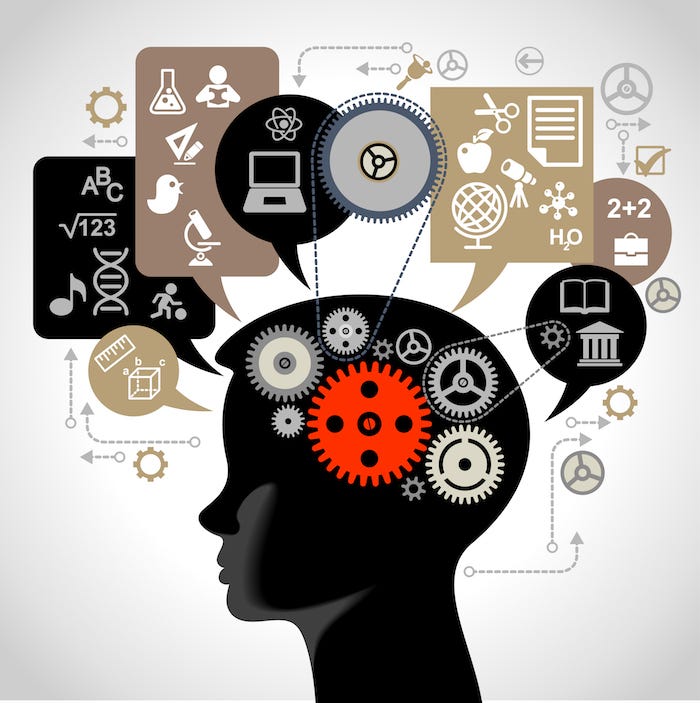
2. Breakthroughs in Artificial Intelligence and Automation
AI and automation are among the most influential technological advancements in recent years. AI-driven algorithms power everything from search engines and virtual assistants to self-driving cars and robotics. Machine learning and deep learning models analyze massive datasets, enabling businesses to make data-driven decisions and enhance customer experiences.
Automation, powered by AI, is transforming industries by streamlining operations and reducing human error. In manufacturing, robotic automation increases productivity and precision. In finance, AI-driven analytics improve fraud detection and risk assessment. While automation creates efficiency, it also raises concerns about job displacement and the need for workforce reskilling.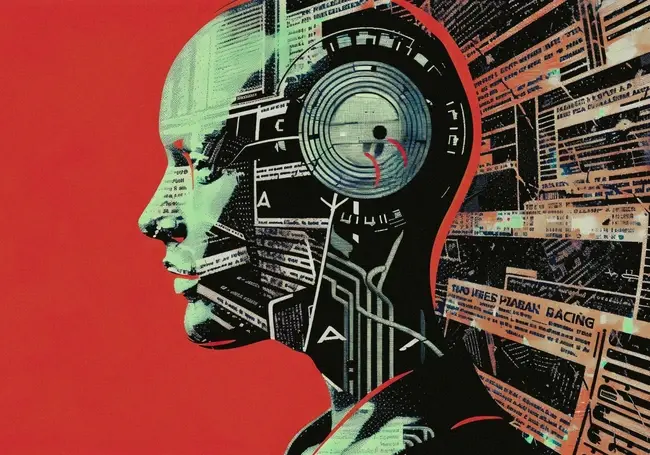
3. The Rise of the Internet of Things (IoT) and Smart Technologies
The Internet of Things (IoT) is another groundbreaking innovation that connects everyday objects to the internet, enabling them to collect and exchange data. Smart homes, wearable devices, and industrial IoT solutions have become increasingly popular, enhancing convenience, safety, and efficiency.
Smart cities leverage IoT to improve urban living by optimizing traffic management, energy consumption, and public services. In agriculture, IoT-powered sensors monitor soil conditions and weather patterns to enhance crop yields and sustainability. As IoT continues to expand, concerns about data security and interoperability must be addressed to ensure seamless and secure integration.
4. Blockchain and the Future of Digital Transactions
Blockchain technology, originally developed for cryptocurrencies like Bitcoin, has evolved into a transformative tool for secure digital transactions. Its decentralized and tamper-proof nature makes it ideal for applications beyond finance, including supply chain management, digital identity verification, and smart contracts.
Businesses and governments are exploring blockchain for transparency and efficiency in various sectors. For instance, in healthcare, blockchain secures patient records and ensures data integrity. In logistics, it enhances traceability and prevents fraud. As blockchain adoption grows, regulatory frameworks and scalability solutions will play a crucial role in its mainstream implementation.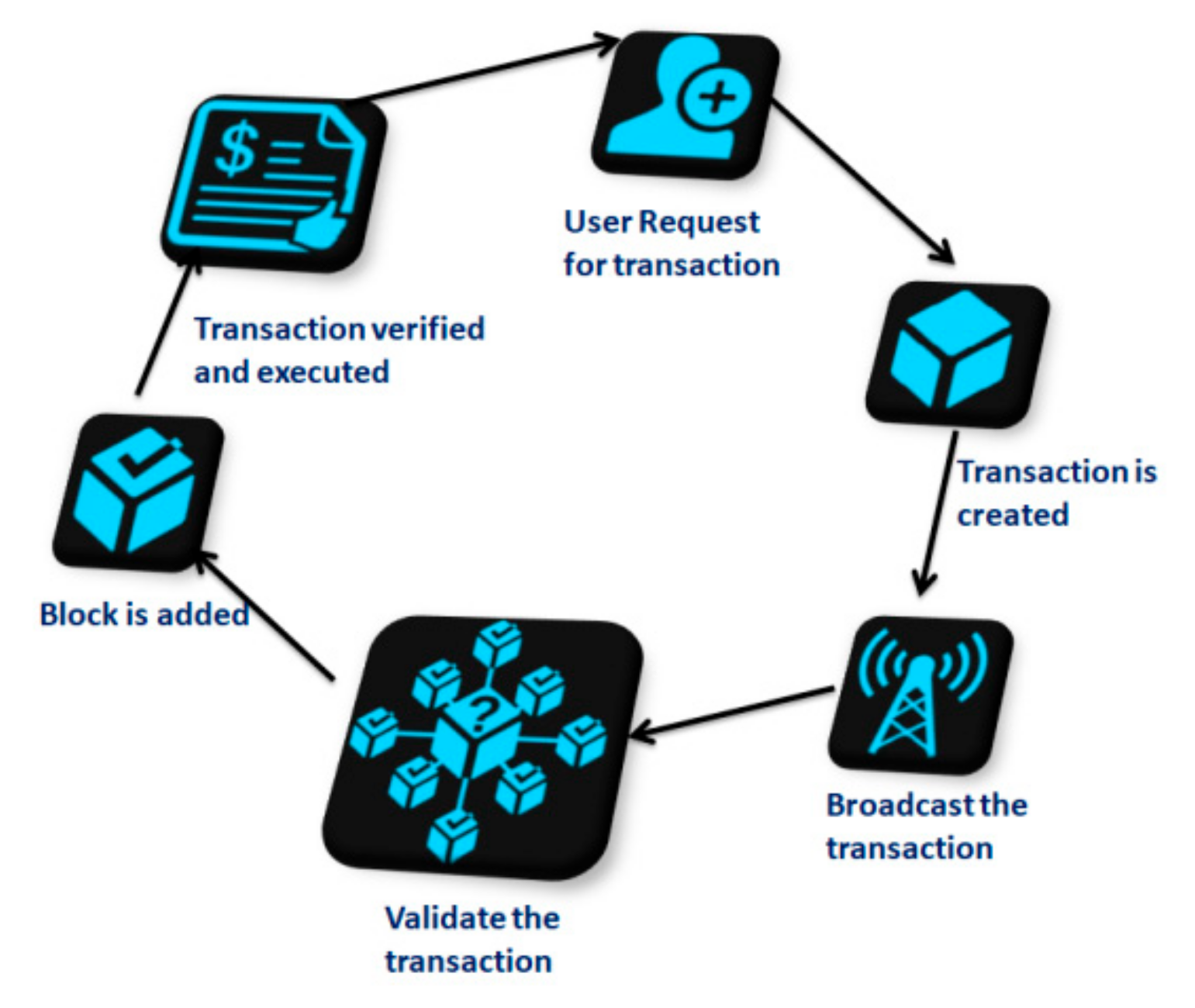
5. The Future of Technology: Quantum Computing, 5G, and Beyond
The future of technology holds even more promising innovations. Quantum computing, an emerging field, has the potential to solve complex problems at speeds unimaginable with classical computers. It could revolutionize fields such as drug discovery, cryptography, and artificial intelligence.
The rollout of 5G networks is another milestone, enabling faster and more reliable internet connectivity. 5G will enhance mobile experiences, support autonomous vehicles, and accelerate the growth of smart cities and IoT applications.
As technology continues to advance, ethical considerations, digital inclusion, and sustainable development must remain priorities. Innovations should not only drive economic growth but also contribute to a fair and responsible digital future.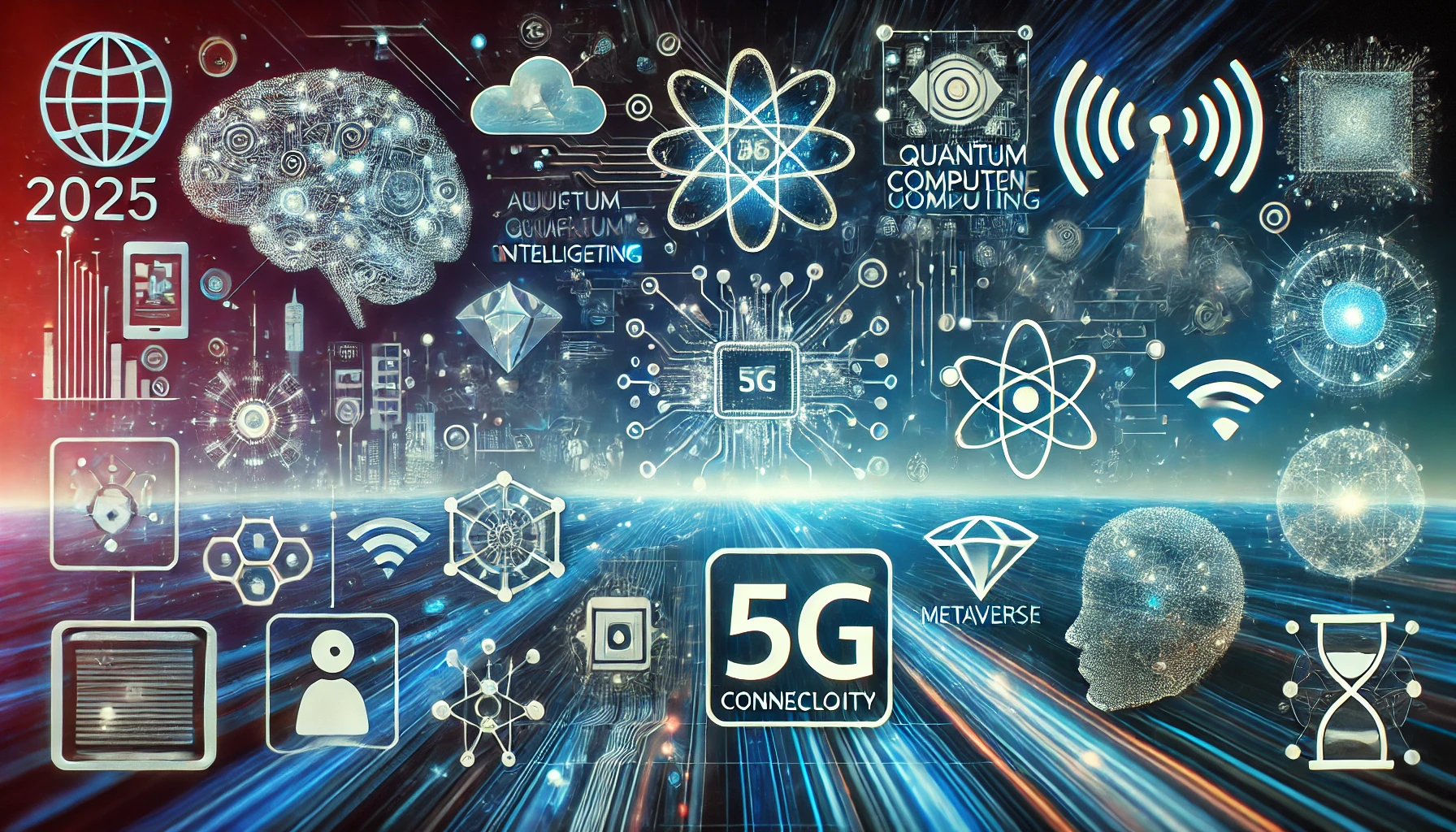

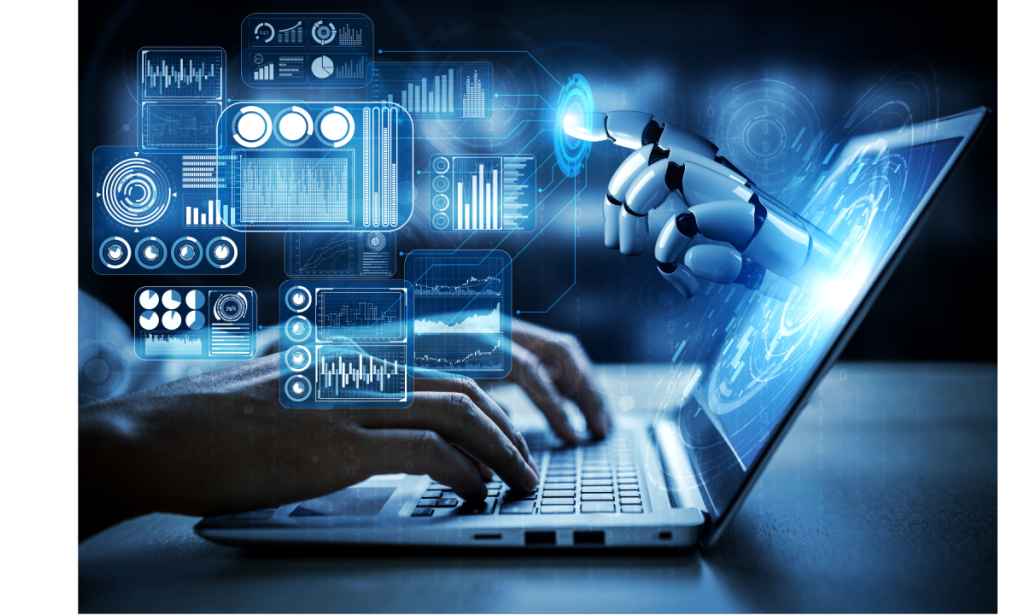
You must be logged in to post a comment.